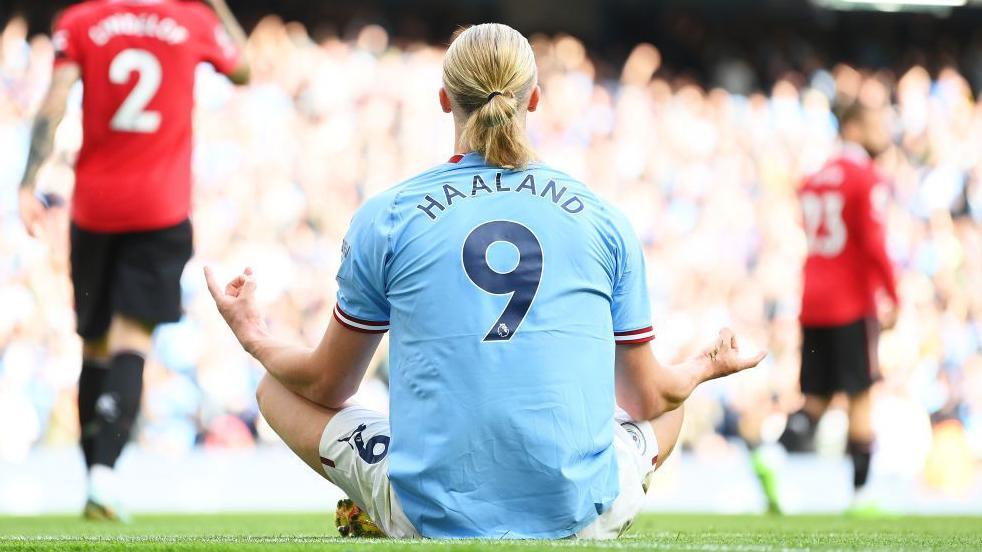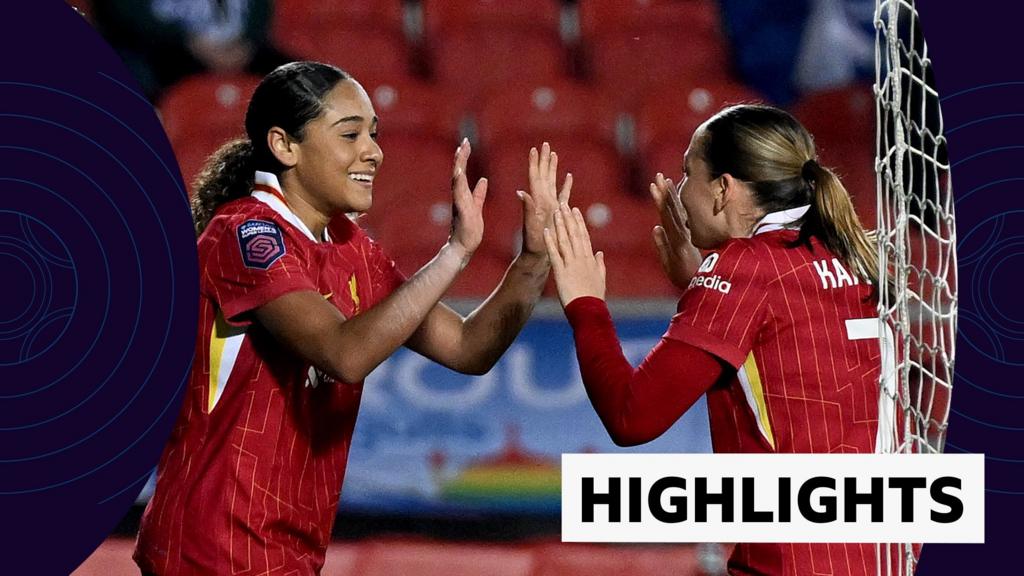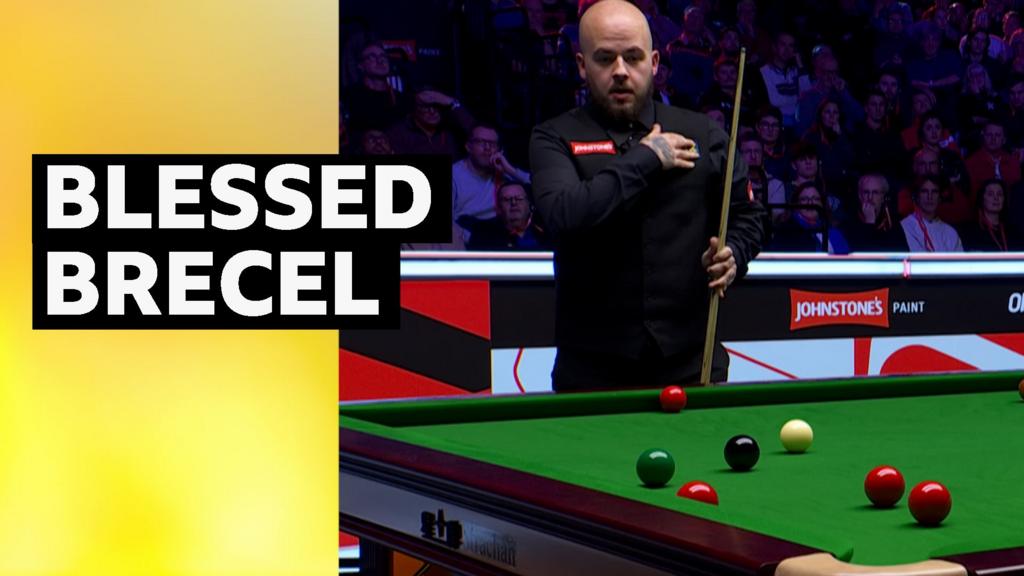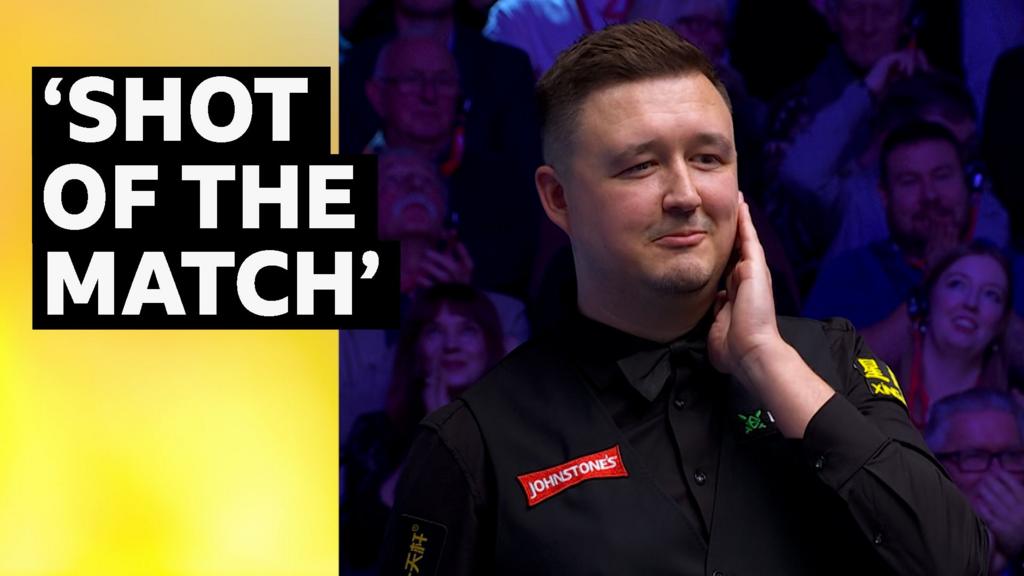ARTICLE AD BOX
 Image source, Getty Images
Image source, Getty Images
There have been 193 Manchester derbies in all competitions. City have won 61 and United 78, with 54 draws
Chris Collinson
BBC Sport statistician
Alex Keble
Football tactics writer
If you're wondering why this weekend's Manchester derby feels a bit, well, different, it's probably because there is so little jeopardy riding on the result.
Sure, there is the possibility of Manchester City's slump of one win in 10 - unprecedented in the Pep Guardiola era - reaching new depths. Or the scale of yet another Manchester United rebuild under Ruben Amorim being further exposed by their neighbours.
But there is little talk of title challenges, or of United finally 'being back'.
Here are five discussion points teeing up Sunday's fixture.
1. How bad are things for both clubs?
United have their lowest points total after 15 matches in the Premier League era. City's total is their lowest at this stage since 2010-11.
Going into this weekend's fixtures, United were 13th and City were fourth.
City have taken just four points from their past six Premier League games. No other team has taken fewer over that period - and only Southampton match that tally.
If you combine the two teams' results, this is Manchester's worst Premier League start since 2002, the year City returned to the top flight. City and United have a joint total of 46 points from 30 games between them. They had 11 more points between them at this stage last season, and 32 more points in 2017-18.
This is the first Premier League Manchester derby with neither team in the top three at the start of the day since a goalless draw at Old Trafford on 12 December 2020.
2. Head-to-head stats - why Man City are favourites
United have lost five of their past six Premier League matches against Manchester City - conceding 18 goals in those five defeats. The only exception in that run was a 2-1 win at Old Trafford on 14 January 2023.
United have lost on their past three Premier League visits to Etihad Stadium, by an aggregate score of 13-5.
The Red Devils could equal their longest away losing streak against a single Premier League team - matching their current record against Arsenal of four (2022 to present). It would also equal their longest away losing streak in league Manchester derbies: four from 1952 to 1955.
3. Can we expect goals?
Neither Manchester club are giving up many chances in the Premier League this season - but the ones they do are really good quality.
Despite the narrative around City's leaky defence, they have actually faced the fewest shots in the league. United's record here is strong too - only City, Liverpool and Aston Villa have faced fewer shots.
However, City are giving up by far the best-quality chances, followed by Ipswich and United.
At the other end, Erling Haaland and Phil Foden, with six each, have scored 12 of City's past 13 goals in Premier League Manchester derbies. And only three other players have scored more - Sergio Aguero (8), Wayne Rooney (8) and Eric Cantona (7).
4. Glasner lays out blueprint to take on Man City
The likely formation of Amorim's Manchester United, with two 'number 10s' (red 9 and 10) positioned either side of City's single defensive midfielder (blue 6)
After last Saturday's 2-2 draw with Manchester City, Crystal Palace manager Oliver Glasner's spoke candidly about how he felt he could exploit their current struggles.
"We knew we can play a higher intensity [than City] - all the data showed this," Glasner said. "We knew when we get into the transitions, we'd get in behind.
"There was so much space on the opposite side next to [Ilkay] Gundogan. When you play with one number six, 4-1-4-1, like City are playing, there is a lot of space on the left and right of the number six."
5. Tactical analysis: How Man Utd could exploit Glasner's advice
As Glasner outlined, intensity, fast transitions, and targeting the number six - that is how to try to beat City at present - and United have the system to do it.
Ruben Amorim's 3-4-2-1 has two number 10s sitting just behind a striker, while City's 4-1-4-1 isolates the number six in precisely that same zone.
Palace's first goal in the 2-2 draw comes from Will Hughes (circled) having the time - without the injured Rodri in place for the visitors - to advance and play a through ball to Daniel Munoz. Ilkay Gundogan (19) is out of position, forcing the two City centre-backs to try to step out.
Amad Diallo's dribbles have been directly responsible for five of United's six league goals under Amorim.
If United force a counter-attack, then City's stretched midfield could be preoccupied with United's two central midfielders, leaving the two 10s with space to feed through balls.
This is what happened in Sporting's 4-1 Champions League victory against City last month (pictured below) when Amorim's former side largely played on the break and scored twice by dancing through the areas Mateo Kovacic, the lone six, could not cover.
Manchester City's Kovacic, overworked as the only number six, cannot get close enough to stop the through ball for Sporting's first goal.
After Kovacic is pulled out of position and beaten by a successful dribble, City's midfield is again wide open, allowing Sporting to score a second.

 1 month ago
9
1 month ago
9








 English (US) ·
English (US) ·